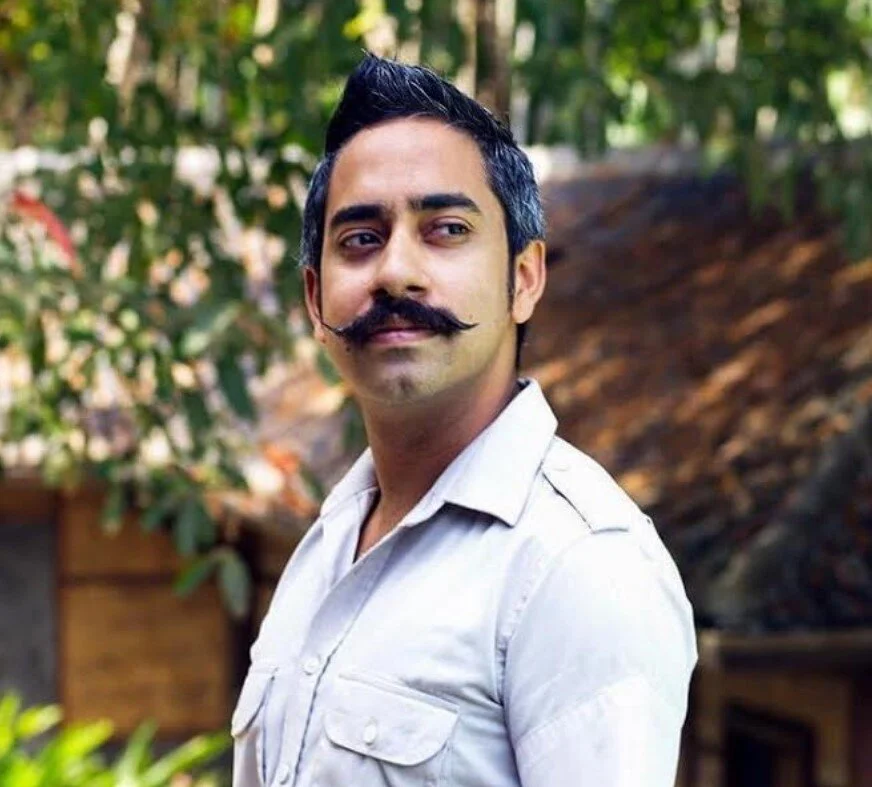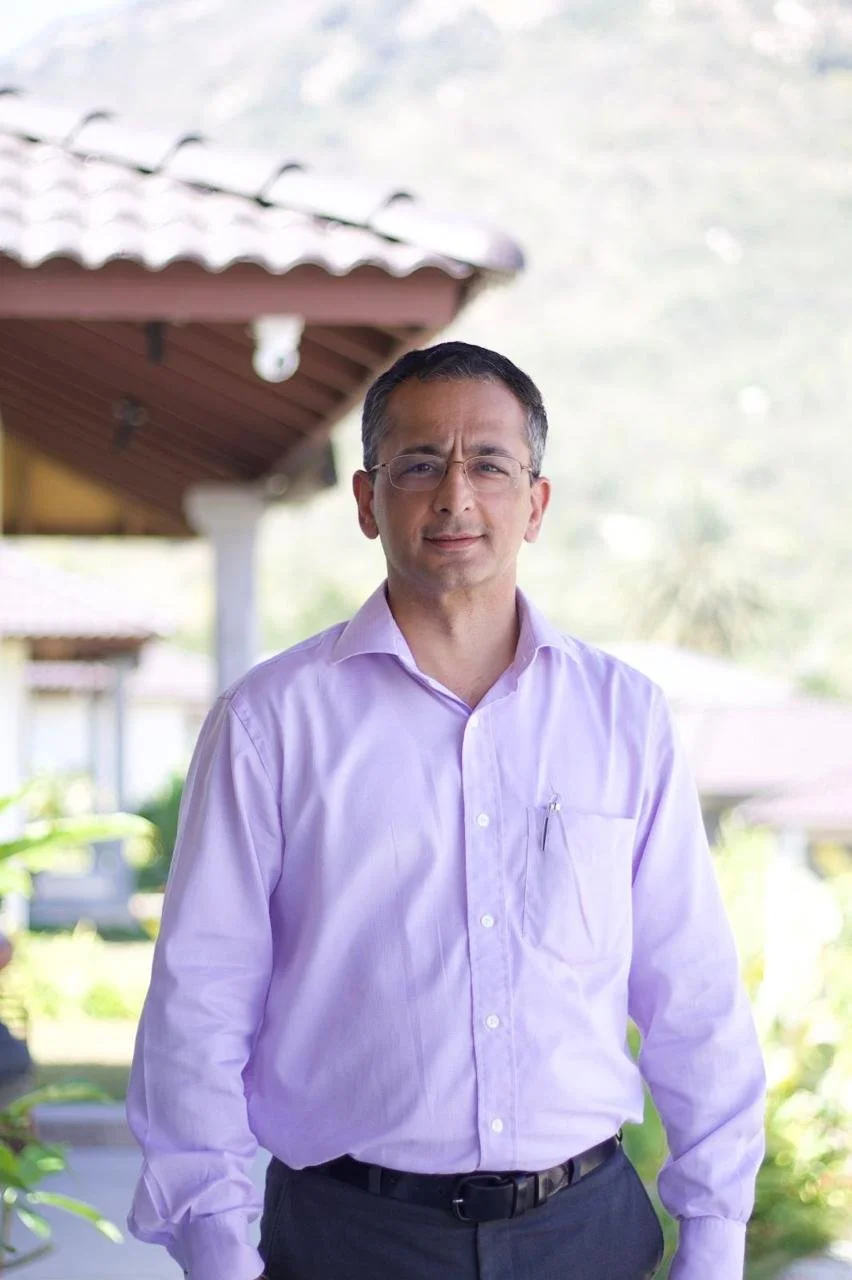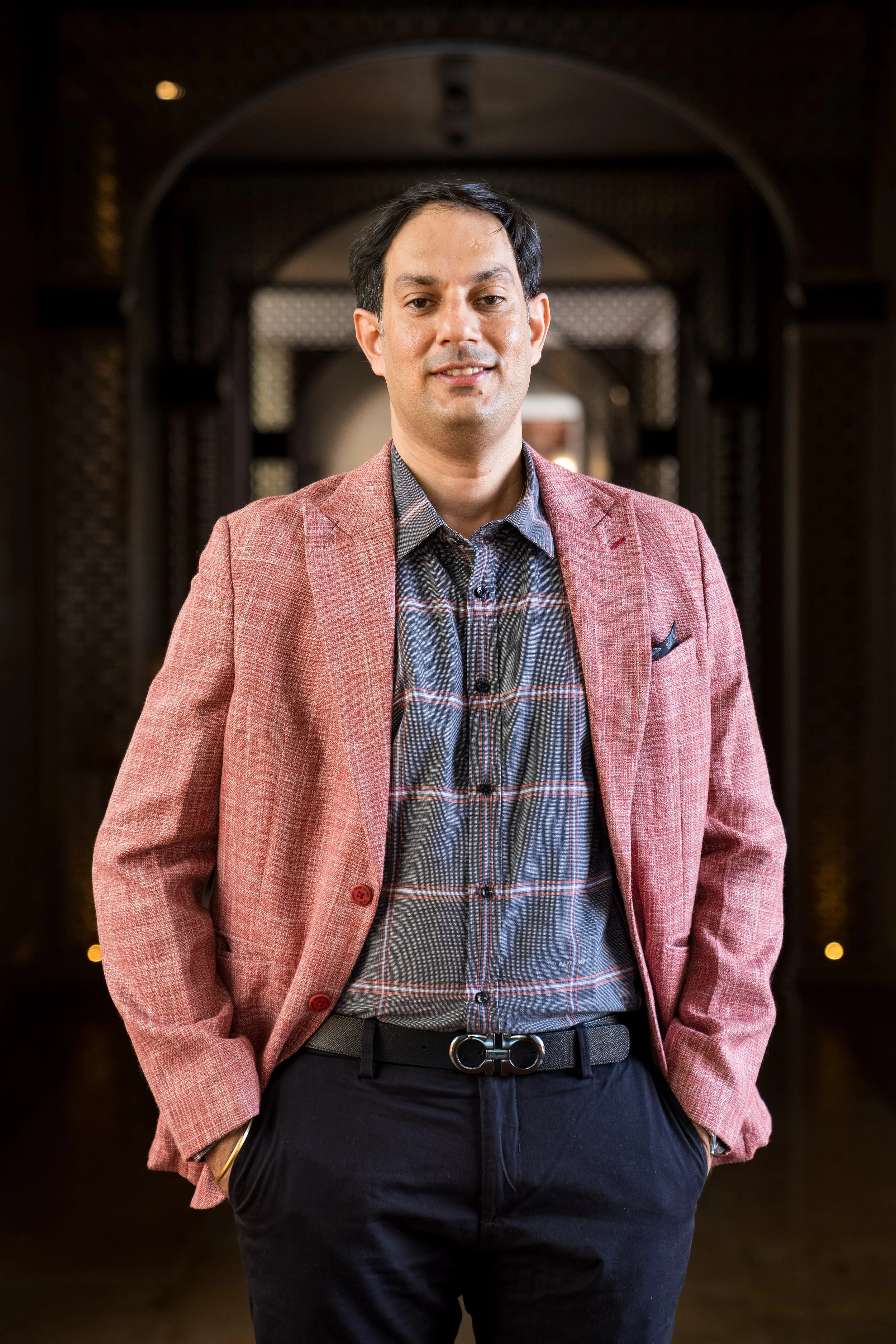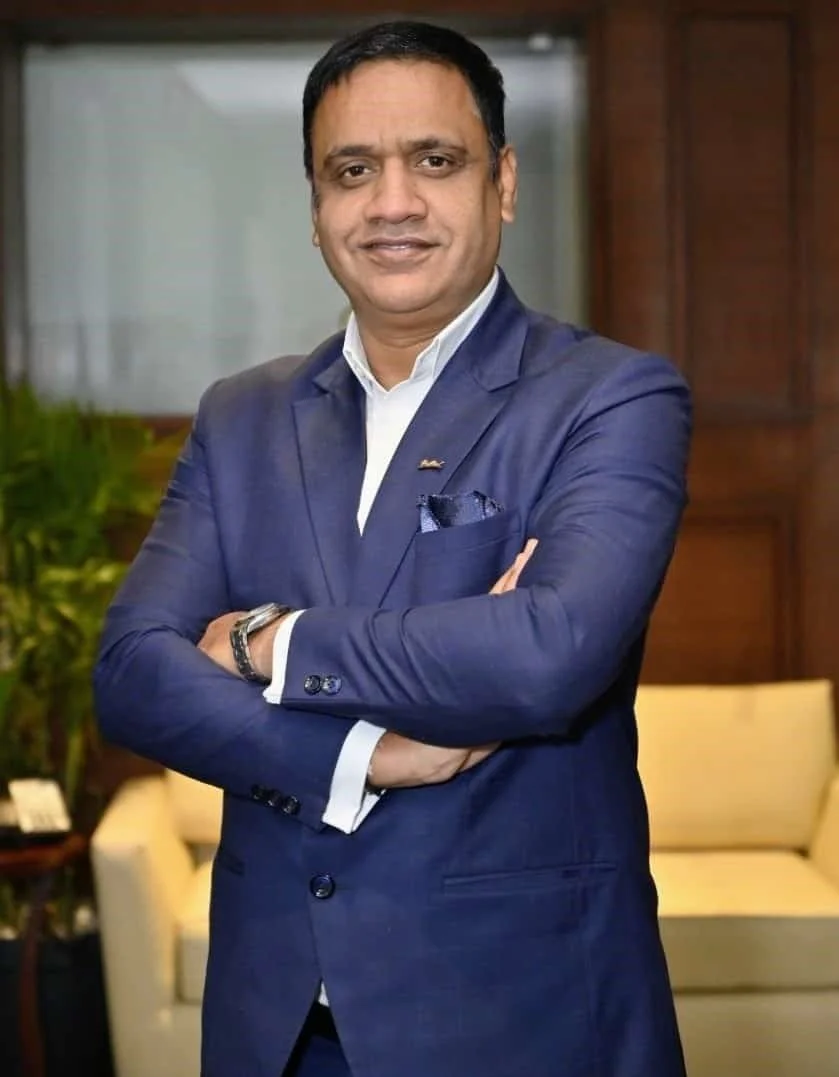Exclusive Interview | Varun Sankaran Kutty, General Manager, Jalakara Private Villa Hotel, Havelock Island
/“The actual office is the lobby, the restaurant or the kitchen. I make it a point to remember the name of every guest I meet, even if I bump into them after years. As in the Indian armed forces, a true officer must fight shoulder to shoulder with his troops and not be behind the scenes.”
Editor: Tell us about your journey. How did it all start?
Spending most of my childhood in the Himalayan countryside, where else would I have ended up but in the world of Travel. Relatives from across the country would come all year round, and stay in our small cottage with us. My mother taught me innkeeping at a young age and who knew that I would make a career of it. I was educated through the Oberoi’s stringent management course at The Oberoi Centre of Learning and Development which gave me a very strong base to leap ahead. A few years ahead, I realized that working in a large chain hotel had become clockwork and routine, and then decided to move to work in boutique and unique hotels.
This led me to be associated for some years with SUJAN’s top-end safari camp at Jawai where besides hotel operations, I learnt the art of guest experience and safari. I then plunged into the tropical paradise of the most unknown Islands of the world - The Andaman and Nicobar Islands. The dreamy blue waters, the thick tropical jungles, the freshness of the sea, miles of virgin beaches and the rich light of the sun at Jalakara, confirmed that I had plunged into paradise. Along with this I also took over the management of Anopura, another hidden delicious gem of a boutique hotel in Jaipur’s countryside. Managing some of the most unique remote hotels in the world, keeps me on my toes, while looking after some of the most well-travelled guests.
Editor: What do you think it takes to succeed in this industry?
Success in this industry is purely based on the fact of loving what you do. This isn’t a desk job, even if you’re top management. The adrenalin rush comes from creating everlasting experiences with the fact that you are personally physically involved in delivering each part of the hotel service. Offices are meant for short meetings.
The actual office is the lobby, the restaurant or the kitchen. I make it a point to remember the name of every guest I meet, even if I bump into them after years. As in the Indian armed forces, a true officer must fight shoulder to shoulder with his troops and not be behind the scenes.
Editor: What are the attributes you look for while selecting or hiring? If someone wants to work with you, what should they do?
I look for members of the team who are eccentric in their own ways. Having worked in remote camps and hotels, I try to form a team comprising of a mixture of the local community and talent from far off rural communities. This creates diversity in the workplace. I’ve also learnt to work with non-qualified staff. I now hire people, who are creative, eccentric and determined. They need not be graduates or even high school pass-outs.
If someone wishes to work for me, they must be hungry to learn, have a good sense of humour and must have the attributes of a fearless soldier.
Editor: What according to you can trainees do while they are training at hotels to make it a win-win for them & the hotel/unit?
Trainees need to be given a proper learning schedule and strategy before they start training. They must not be treated like labour but rather encouraged to go the extra mile that would be directly linked to their performance. Using a trainee wisely while giving him or her a memorable tenure with the hotel, may bring back trained manpower to the unit. At the same time, one must not be too soft on them, as they must be prepared for the world ahead.
Editor: What are some of the trends you see impacting the hospitality industry?
Sustainability is huge. Every guest looks to make the world a better place wherever they travel. They wish to contribute in their own little way, but the hotel becomes the means to do so. From glass bottles to sustainable straws, locally sources toiletries, farm to table food…., this is now a huge field in itself, that is of vital importance to save this world from more damage.
Experiences – Guests are not looking at a run of mill activities. They are not looking at learning cooking classes in a sterilized hotel kitchen with chefs in uniforms. They are looking for a story. They are looking to go into that next door village home and see how traditionally local food is cooked. They are also looking to contribute to the community and not only the hotel.
Editor: Tech is now an enabler for great hospitality. Can you share with us some of the techs that goes into creating your guest experience?
Indeed tech is a great development in hotels. I am not a supporter of hotel technology. It is one of the reasons I moved from chain hotels. I worked for some years as a concierge at a large city hotel. I had a book of contacts for everything and anything. Today a concierge has forgotten how to use a map. They depend completely on the internet and apps.
As a General Manager, my teams still use guest diaries, logbooks, physical registers, analogue billing mechanisms, no WiFi, no phones… This keeps them sharp, attentive and dedicated to the old school of hotel service. The only technology we use is walkie talkie radios to ensure that communication is swift, to the point and can cover a large estate.
Editor: Two things you would like to change in the industry.
Standardisation – This creates robots. Some hotel groups have had top tech consultants and management gurus create standards for hotels while forgetting that this is an industry that is most human in nature. I do not agree with food being ordered off an Ipad from a room or coffee being dispensed from capsule machines. There has to be that human interaction and classic innkeeping touch, to ensure that service is actually heartfelt and not process-driven. Young entry-level hoteliers are trained using standards that aren’t flexible to emotion, intelligence and feeling!
Uniformity in Education – I feel that there is a huge gap and difference in the various hotel schools and their delivery of education. Why not have licensed courses just like aviation or medicine. This will ensure that India as a whole produces the best hoteliers. It shouldn’t be limited to only the top 02 management training programmes.
Editor: What can we expect in the coming year?
Travel has become more intimate and meaningful. Smaller hotels, excellent local guides, unique local experiences, sustainability and environment, serving the local community - are some of the major aspects of future travel. I think there has been a major change to a more personalized stay, safety and wellbeing, and unique one-time travel experiences. A lot of research goes into finding the most secluded spots, the most secret excursions and designing memorable travel itineraries that cannot be copy-pasted!
Experts predict the biggest travel rebound in a year or two, and we must be prepared to take it on, keeping in mind that the health of our teams, guests and vendors must be top of the top. Along with this, our own domestic guests have been of immense support to our industry over the past year and will continue to do so. They will continue to travel and experience India – Dekho Apna Desh!


















